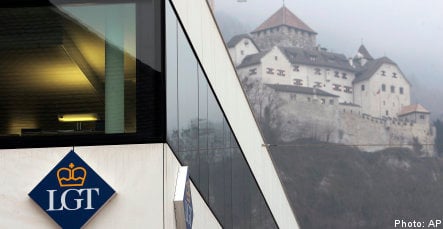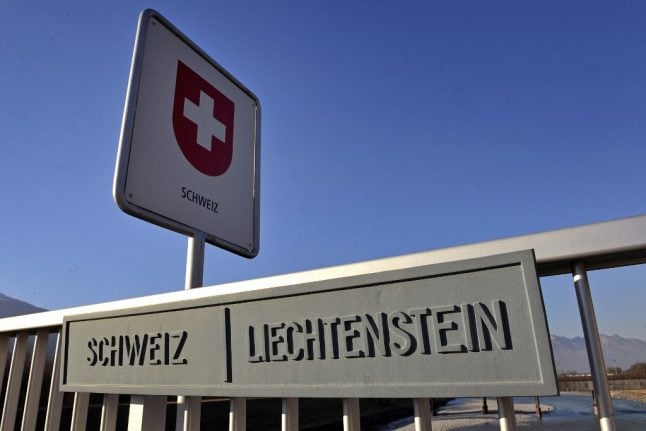The Swedish Tax Agency (Skatteverket) investigation into Swedes with fortunes hidden in a bank in Liechtenstein began in the spring and has so far uncovered hidden sums running into hundreds of millions of kronor and involving up to 40 people, reports Dagens Industri.
Lundström is the most well-known name on the list and is also due to stand trial for copyright infringement in the new year for his alleged financial support of file sharing site The Pirate Bay.
Lundström now stands accused of having hidden some 20.8 million kronor ($2.66 million) as a beneficiary of a trust in the tax haven.
The 12 beneficiaries of the Tilburg trust held in the Liechtenstein Global Trust Bank are accused of having hidden a total of 156 million kronor. The 12 are now liable to pay tax and surcharges totalling some 19.3 million kronor.
The investigation into the Liechtenstein trust began after the German secret services bought bank account details from a former employee at the bank. The German authorities then passed on the information to European colleagues in February.
The Swedish tax authorities have narrowed their investigation down to around 40 people and a further 30 can expect to receive a tax shock from the authorities when the investigation into the bank’s affairs is complete.
The newspaper writes that the trust was presumably founded with the purpose of avoiding Swedish gift and wealth taxes which have since been removed.
“Now that these taxes have been removed the incentive for doing this has declined considerably,” said Göran Haglund who led the tax authority investigation.
The economic crimes unit (Ekobrottsmyndigheten) is conducting a parallel investigation into the affairs of many of those named.




 Please whitelist us to continue reading.
Please whitelist us to continue reading.